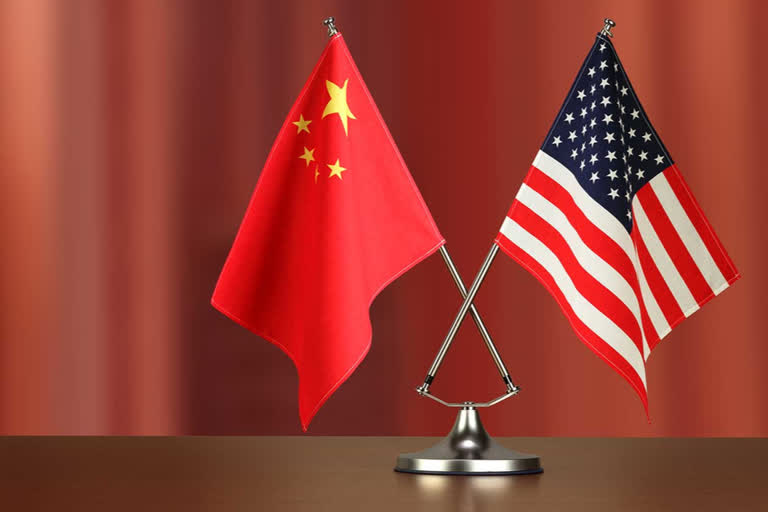Washington: The US ban on China's Xinjiang cotton yarn makers over the inhuman treatment meted out to Uyghurs is now impacting the economic growth of its cotton companies.
Last month, Chinese cotton yarn maker Huafu Fashion sent a warning to investors. "Multiple American brands have cancelled orders," Huafu said in a Shenzhen stock exchange filing, citing US sanctions. "It's brought negative effects to the company," reported The Washington Post.
Huafu -- which said it lost at least USD 54.3 million last year vs. a net profit of USD 62.5 million in 2019 -- is one of the few suppliers to publicly acknowledge the sanctions' effects, reported The Washington Post.
Thousands of companies worldwide are affected after the United States blacklisted 87 per cent of China's cotton crop -- one-fifth of the world's supply -- citing human rights violations against Muslim Uyghurs in China's northwest Xinjiang region.
Read:|China urges Biden to resume dialogue as bilateral ties continue to worsen
The United States began isolated sanctions last year on Xinjiang textile makers, including Huafu, which didn't respond to a request for comment. On January 13, CBP announced a blanket ban on all Xinjiang cotton.
"Companies can no longer claim ignorance as an excuse," CBP said in a statement to The Post. "CBP's message to the trade community is clear: Know your supply chains."
Cotton picked in Xinjiang winds up in garments cut and sewn across Asia, from Bangladesh to Vietnam, textile industry executives say. The US ban applies to products "made in whole or in part" with Xinjiang cotton, "regardless of where the downstream products are produced," said US Customs and Border Protection (CBP).
Justin Huang, president of the Taiwan Textile Federation, said Taiwanese textile manufacturers received notices in September from Western brands to confirm their cotton sources. He said brands no longer wanted Chinese cotton, since it was difficult to confirm from which region of China it originated, reported The Washington Post.
"US manufacturers are very sensitive," he said, "so before the announcement, US traders had already begun to shift their production lines."
